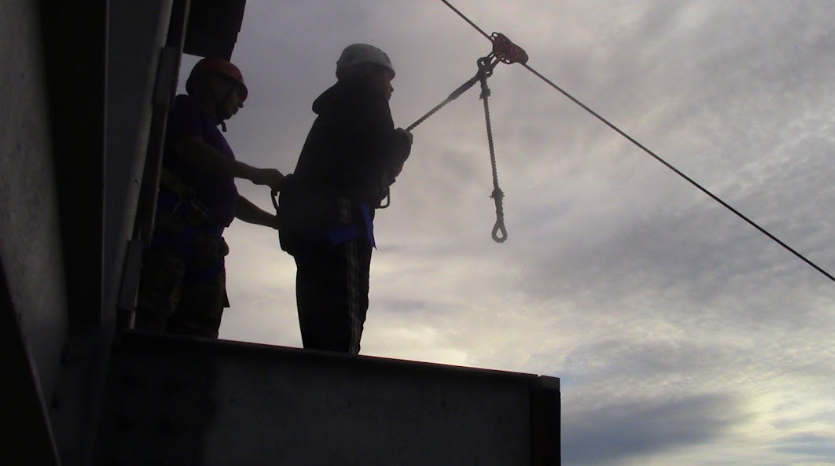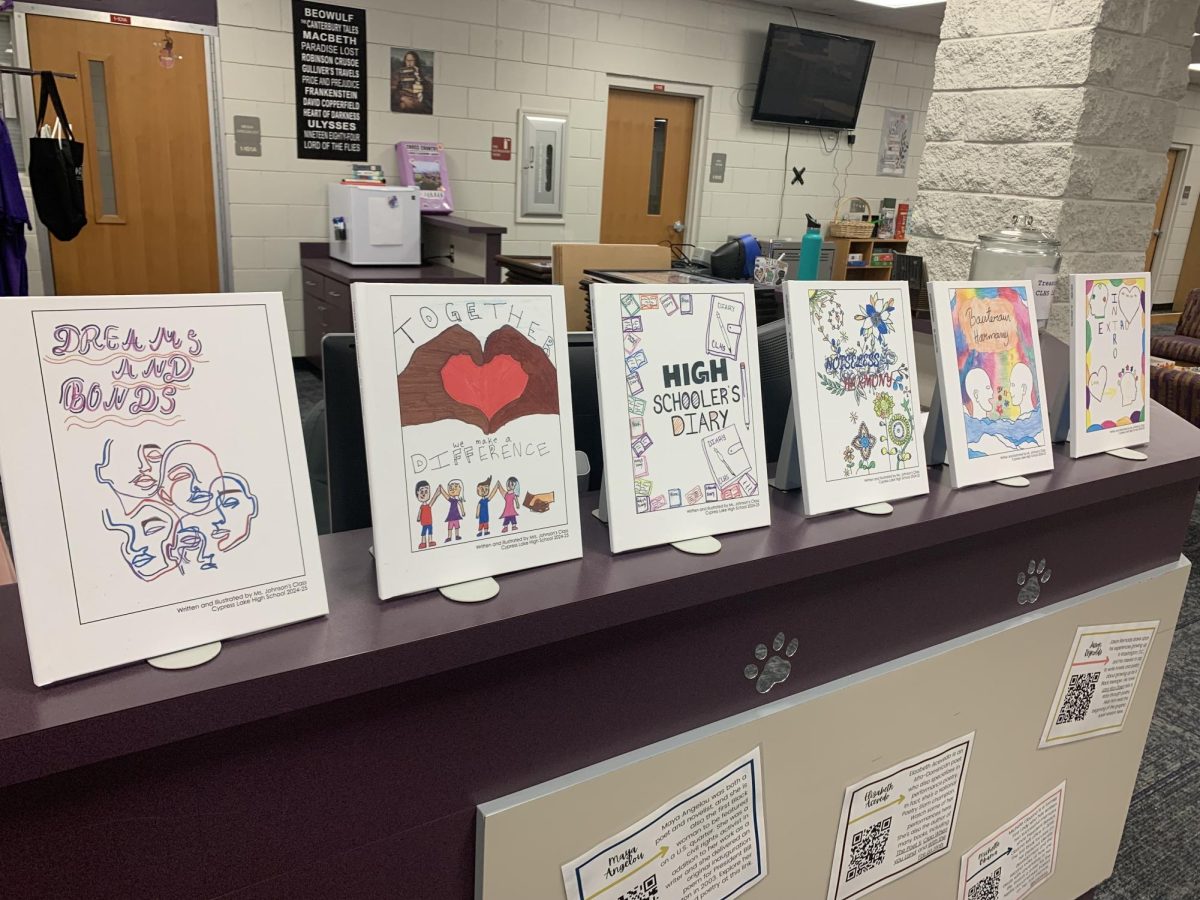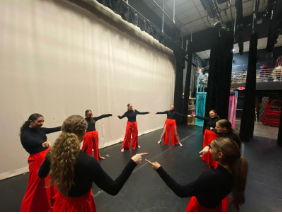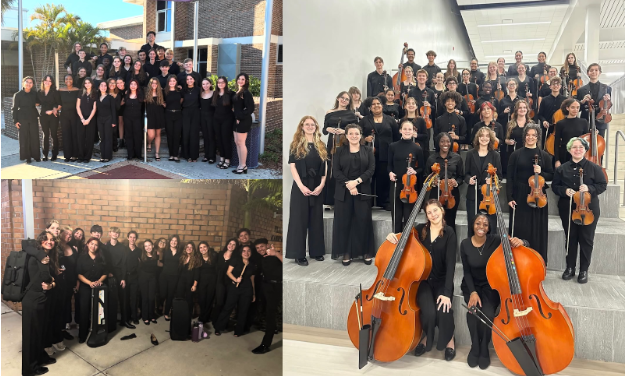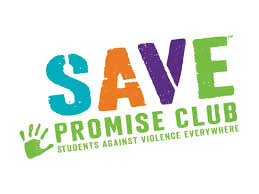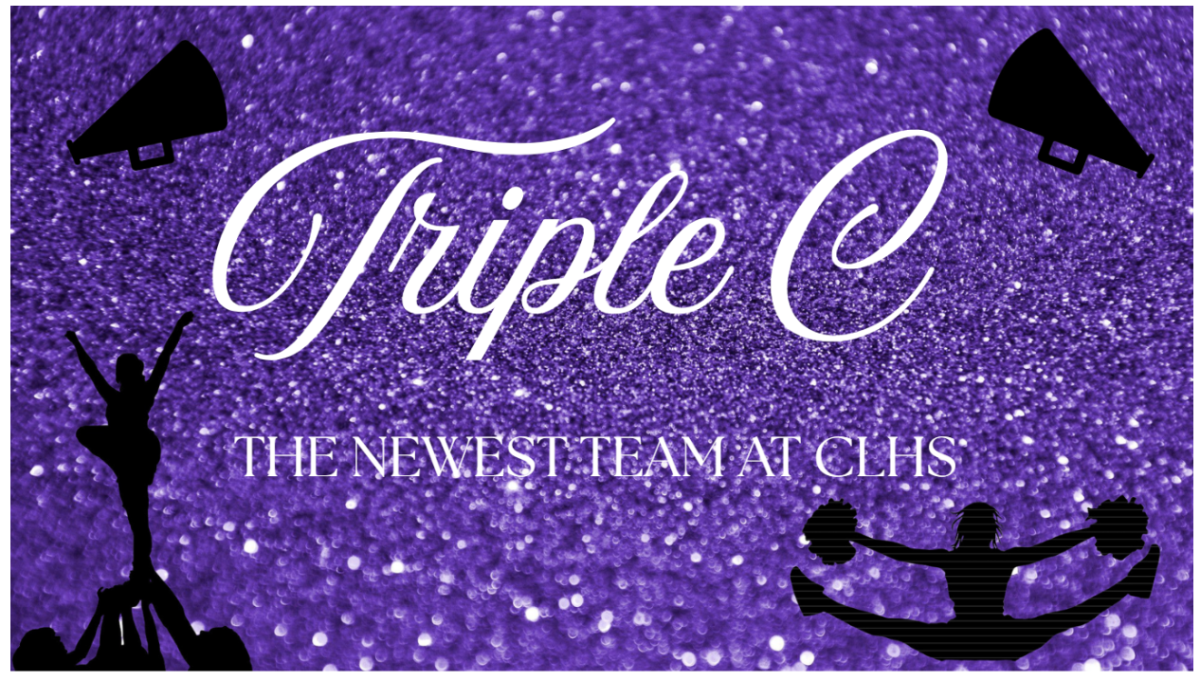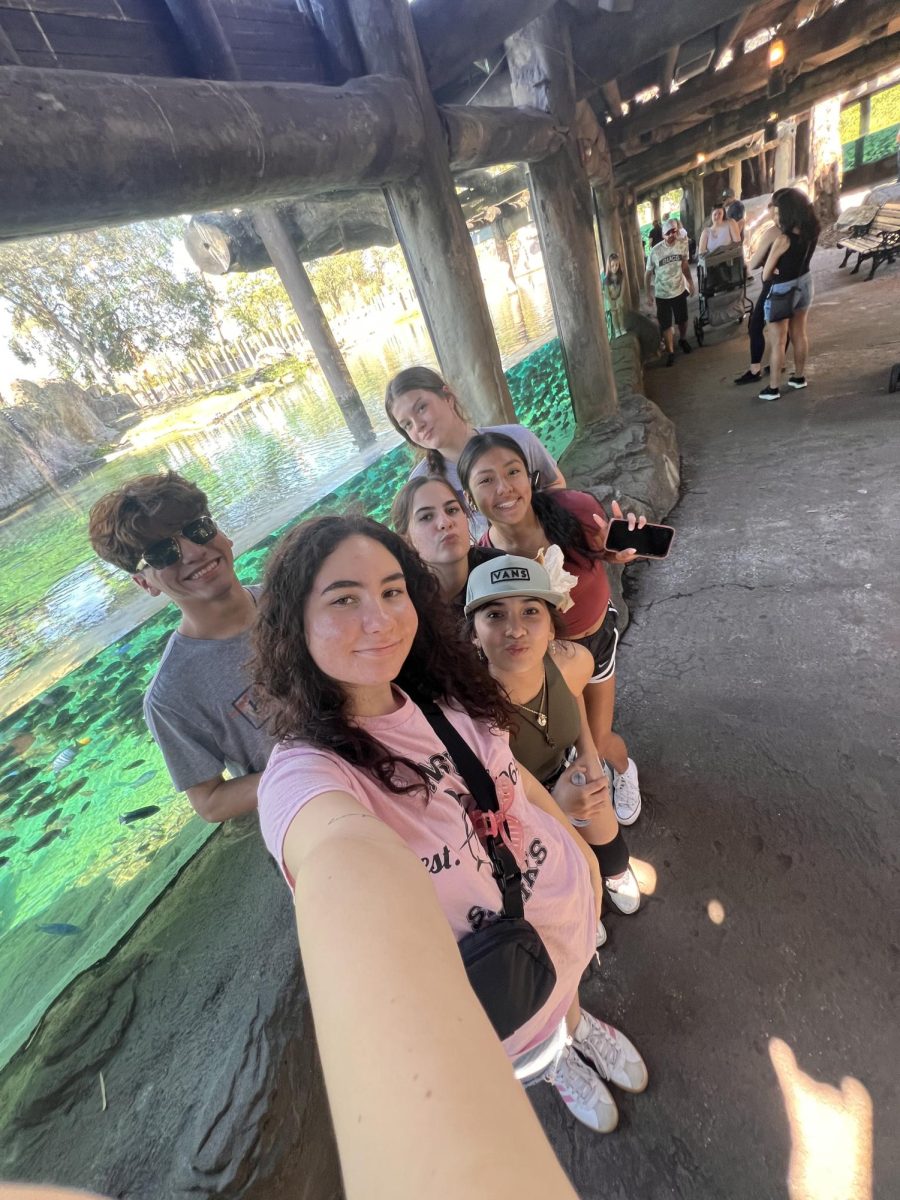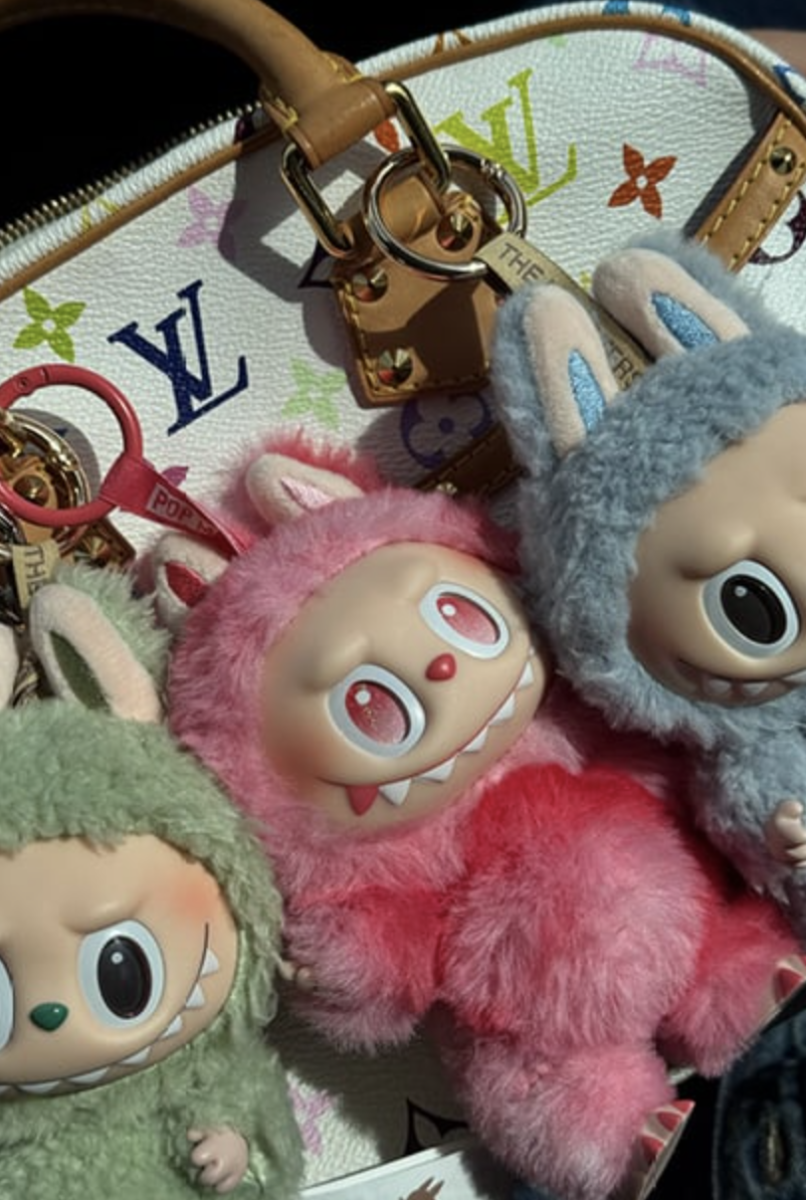The TikTok ban has become a significant point of discussion, particularly in the United States, with notable effects on some content creators and businesses. Millions of individuals have used TikTok to express their social commentary and creativity as TikTok became a global sensation during the 2020 pandemic. On Aug. 6, then former president Donald Trump cited national security concerns in attempts to force TikTok U.S. operations to be sold. The initial concern of the ban was over data privacy and national security, with lawmakers justifying the ban on the grounds that TikTok collects sensitive information that would be shared with foreign governments. On Jan. 17, 2025, the Supreme Court upheld the ban and ruled that TikTok should sell its U.S. operations. When he took office again, President Trump temporarily extended the deadline for TikTok to be sold to a U.S. company, allowing negotiations to continue. TikTok is owned by a parent company called ByteDance Ltd. which is owned by a number of international investors, including Americans.
With the enforcement of the potential TikTok ban, millions of individuals in the U.S. would lose access to niche communities and global trends. Anti-ban arguments suggest freedom of speech, economic growth, and cultural value. TikTok allows communities to foster a dialogue to promote social issues with the attempt to advocate for change. Those who support the ban argue it endangers national security, with raised concerns about data access by the Chinese government. Others have sprung up the idea of propaganda exposure, with the spreading of misinformation or popular sentiment. Overall, the debate over banning TikTok revolves on balancing national security concerns with the platform’s role in promoting free expression, creativity, and economic growth. As discussions continue, finding a solution that addresses both security and freedom will be ideal.
What students say:
- “It’s a key source in allowing us to learn. I was able to learn about new cultures, recipes, science, and a lot of other things through TikTok. It allowed people to talk about their beliefs freely and share their knowledge with others.” – Ivy Ligon
- “My mind would probably be a lot more clearer and focused if TikTok were banned.” – Mileishka Morales
- “I think I would be more productive and I would switch to using more apps like Pinterest that motivate me to do better things with my life. I also think that my friends and I would be able to connect more.” – Yanissah Fabre
- “I would go outside more and be superfit.” – Natalee Putt

